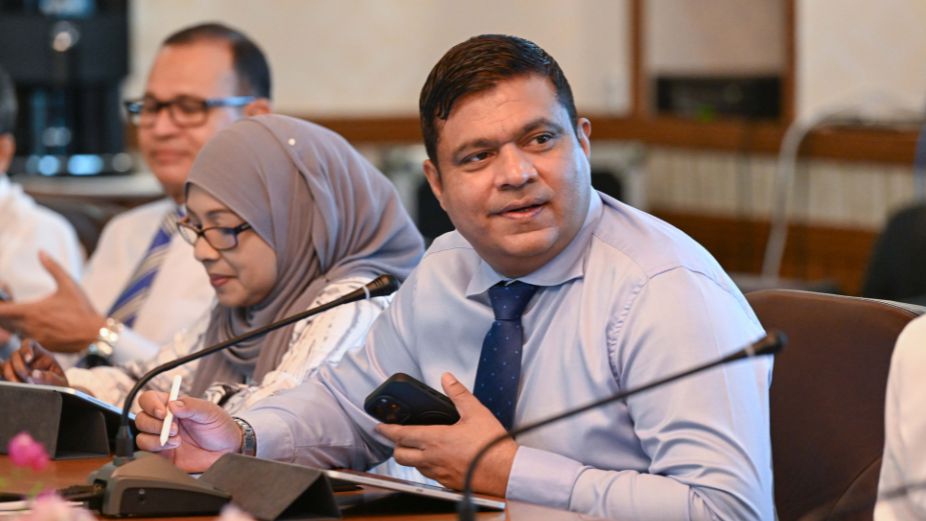
The Maldives’ pilot training scholarship scheme has produced hundreds of qualified professionals, but only a fraction have found job opportunities, according to Transport and Civil Aviation Minister Mohamed Ameen.
Over the past five years, more than 500 students received government scholarships for pilot training and an additional 200 funded their own studies. However, the country’s aviation sector, growing at a rate of around 7 percent annually, creates only about 20 to 30 new pilot positions each year. These opportunities are mostly generated through national carriers such as Maldivian and Trans Maldivian Airways.
This mismatch between training and employment has resulted in hundreds of qualified pilots remaining unemployed. Reports in recent years have noted that local operators have been pressured to absorb more cadet pilots than needed, leading to concerns over operational sustainability.
Minister Ameen attributed the current imbalance to the previous government’s failure to assess sector demand before issuing scholarships. He criticised the approach as short-sighted and politically motivated, saying it had left many students and families disillusioned.
He further highlighted that scholarship decisions should be informed by labour market realities, not political agendas. According to the minister, better awareness of job availability and clearer guidance for students could prevent similar situations in the future.
The government has since halted new scholarships for pilot training and is encouraging students currently in the field to consider switching to areas with stronger employment prospects. Those who wish to continue in aviation may do so, but they will not receive additional government-funded support unless justified by market demand.
Despite global projections of pilot shortages in larger markets, the Maldives’ relatively small aviation industry cannot absorb the current surplus of trained individuals. Officials say the focus now should be on directing students into fields where the country urgently needs professionals, including healthcare, engineering, and education.









